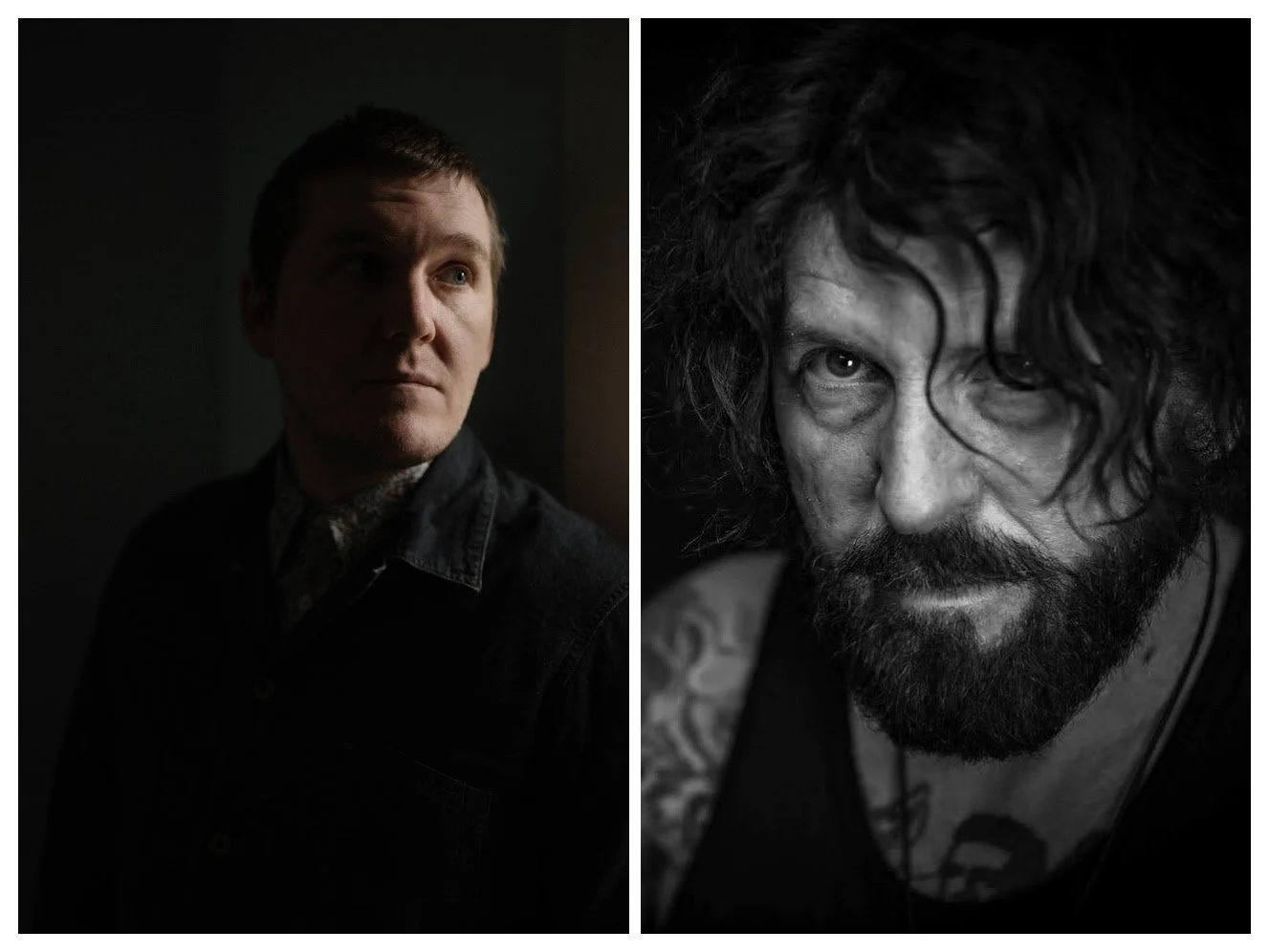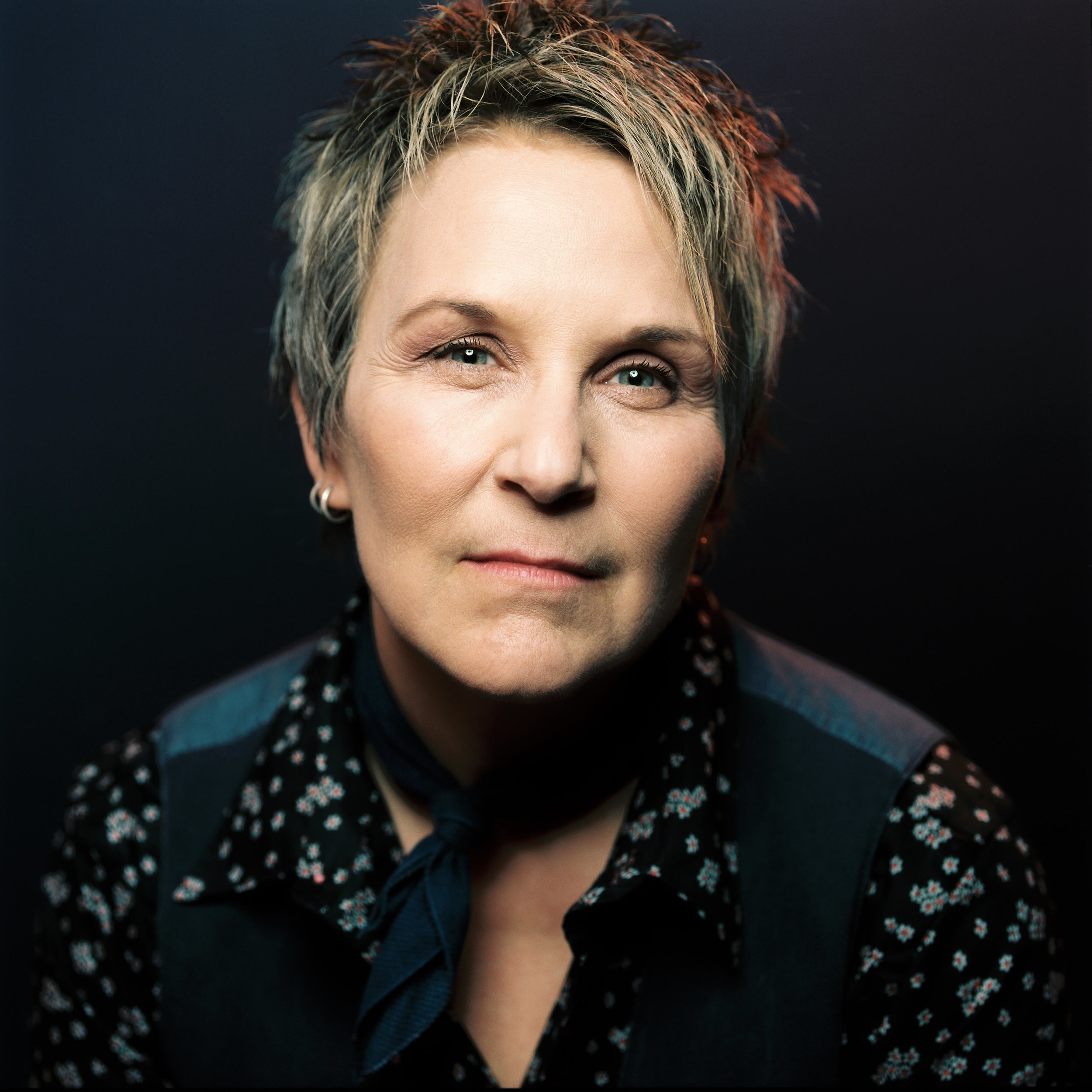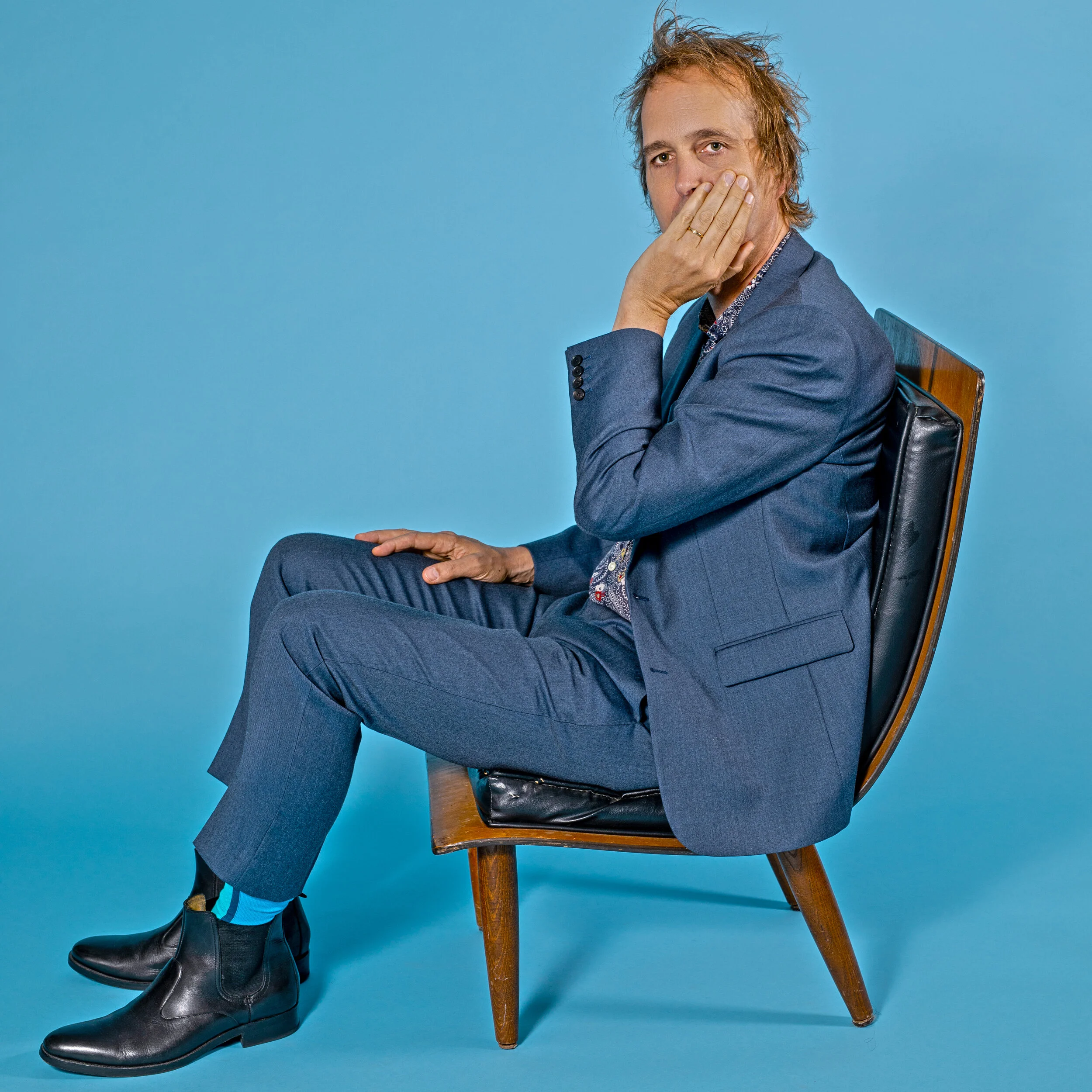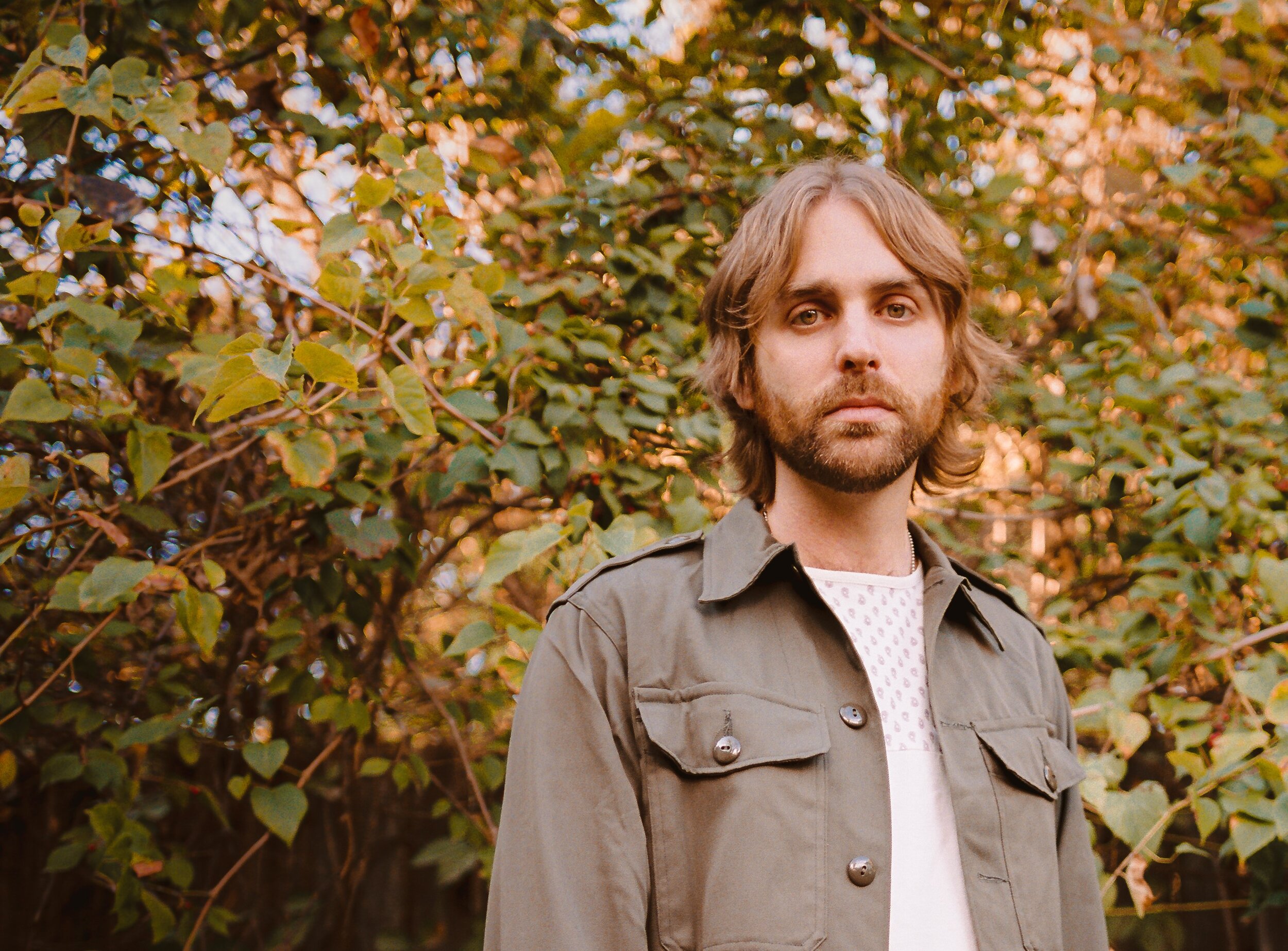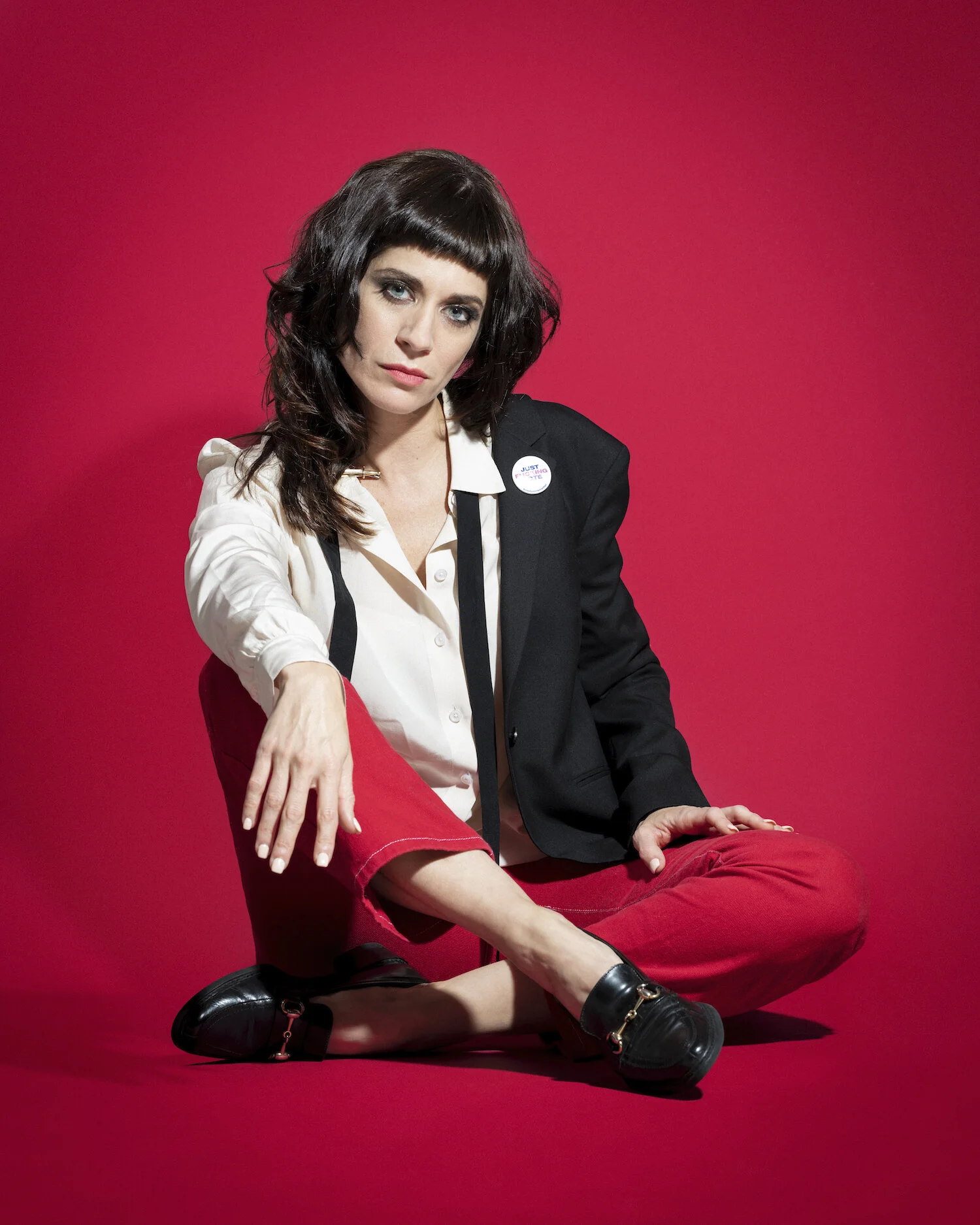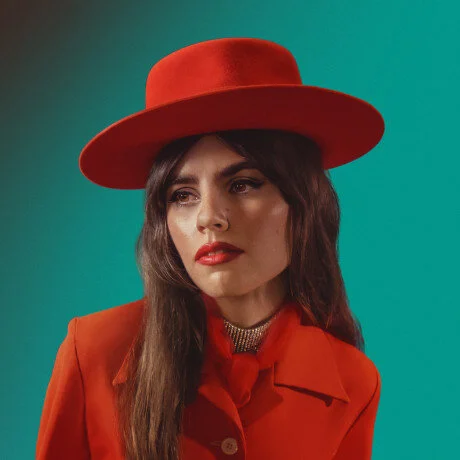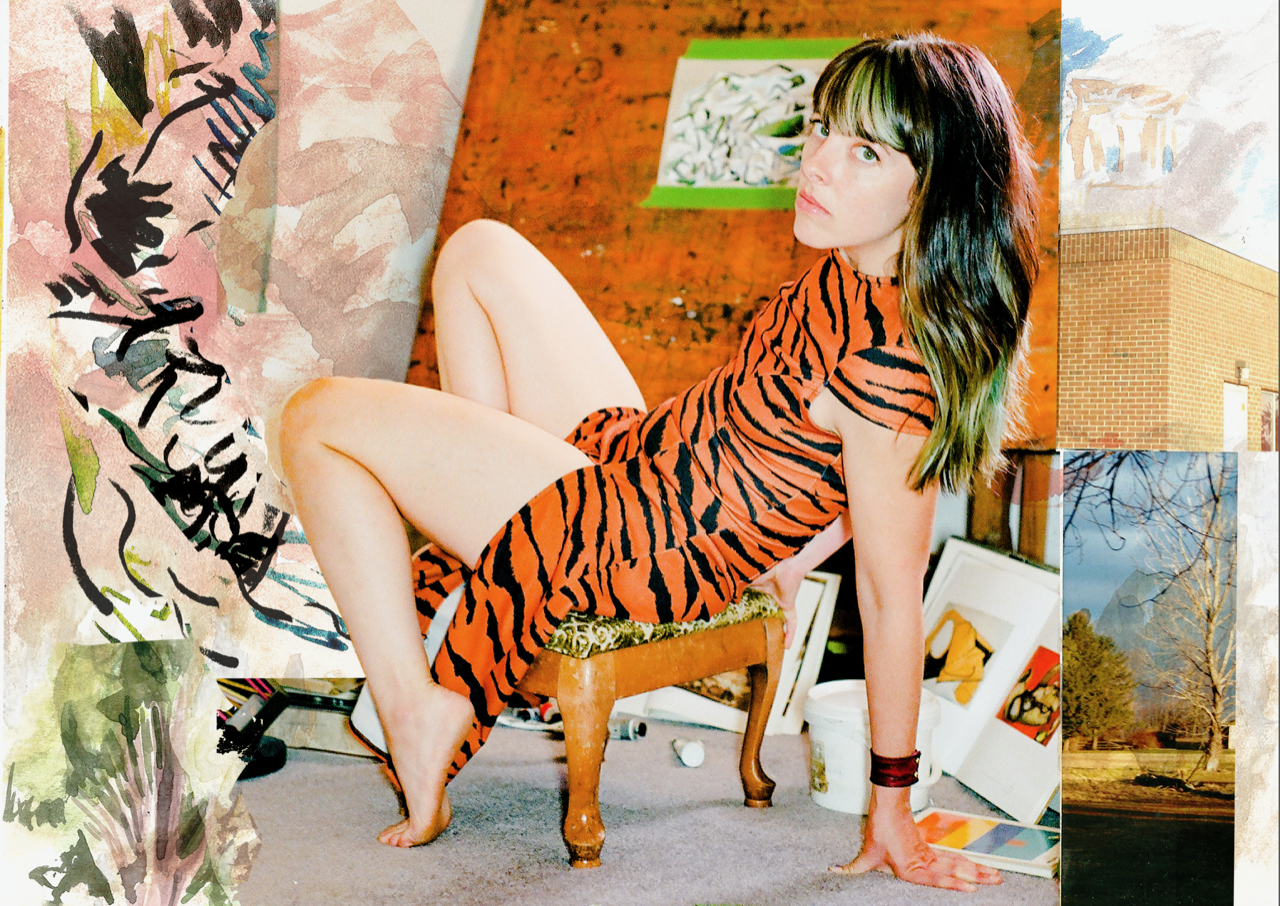I'm sure you're thinking, "How in the heck did you get these two guys together?" I've interviewed Fallon twice for Songwriters on Process, and I've been an LA Guns fan since their first s/t album. I first saw them live on the "Cocked and Loaded" tour in the late 80s while in college. I follow both of these guys on social media and noticed that they'd always comment on each other's posts. I figured they knew each other, so I reached out. They were both game to talk.
Read MoreSongwriting does not come easy to Grammy-nominated Mary Gauthier. She says that “songwriting is an ordeal for me; sometimes it's just not pleasant. It's hard.” (Appropriately, there are a few fishing metaphors in our conversation.) Gauthier is critical almost to a fault of her songwriting process, but I think that’s a good thing because this self-reflection allows her to fine tune her process. She calls herself out a few times in our interview for overthinking her songs, which slows her. And when things aren’t working, she goes on the writer’s walk: a five mile walk that clears her head and gives her “productive exhaustion.” It’s on these walks that she’s often able to solve her struggles. Unfortunately, Gauthier is at her most productive in a hotel room, so time off the road has made the process even more challenging.
Read MoreSadie Dupuis has a studio set up in her house where she does most of her work for her band Speedy Ortiz and her solo project Sad13. Once she’s down there, she has no trouble getting into the flow of the creative process; in fact, she often has to tell herself to take a break so that she doesn’t work through the night.
The hard part is getting started down there in the first place. She often find her studio “overwhelming and stressful.” It puts too much pressure on her. And who wants to feel overwhelmed and stressed at the start of a project? Her solution is brilliant: she starts on her couch or her table, which she finds less intimidating because it doesn’t feel like work. Then, she says, “I'm excited to go down to the basement and continue. If I sit on my couch or sit at the living room table, it's so much less intimidating to get into a new project. I don't think I'm working, so it doesn't feel scary.”
Read MoreFor Mark Morton (Lamb of God) and Alain Johannes , inspiration for songs often comes from the ordinary, everyday life. The environment is an especially fertile place: Morton says songs come to him while gardening, while for Johannes it can be the sounds he hears throughout the day.
This is the second time I’ve interviewed Morton and Johannes; I interviewed Morton in 2014 and Johannes in 2010. I’ve kept in touch with both since then, so it was easy to get these two guys together to talk about their creative process, especially since there’s mutual admiration between the two. In fact, they collaborated on the recent Mark Lanegan solo album Straight Songs of Sorrow: Johannes produced and played on it, while Morton co-wrote and also played on it.
Read MoreAnthony Doerr, the Pultizer Prize winning author of All the Light We Cannot See, once told me that he didn’t believe in writer’s block. Instead, he called it “a failure of courage.” That’s almost the same language that JP Pitts used when I asked him about writer’s block, only he calls it “a fear of failure.” That’s the mantra that Pitts uses as he writes, and it’s one that every writer, songwriter or otherwise, should follow. If you don’t give yourself room to fail, you’ll never get a word on the page. “The worst thing that ever happens is that it never sees the light of day. That really freed me up because no one's going to bat a thousand,” he told me.
Read MoreChuck Prophet waits for no muse. I’ve interviewed songwriters who’ve been around for fifty years and songwriters who have been around for two, and one thing is clear: if longevity matters, you must treat songwriting as work. None of this “waiting for the muse” business. Prophet’s discipline has made him an acclaimed songwriter for over 35 years, and you don’t have that kind of career by writing when you feel like it.
Read MoreSadler Vaden and I talked a lot about taking showers, and I’m pretty sure there’s a spot in our video interview where he says, “I’m the shower guy.” For context: we were discussing how many songwriting ideas come to him while in the shower. This is not unusual; many songwriters have told me the same thing, illustrating how boredom is a great conduit for the creative process. But in Vaden’s case it’s not just the boredom, it’s the water: he grew up on the South Carolina coast and spent a lot time in the ocean. Vaden lives in Nashville now, but when he goes home and swims in the ocean, the ideas flow. “When I go back home and I swim in the ocean, I get tons of ideas and inspiration. All the time,” he told me.
Read MoreGood writers know that the secret to the writing process is that it never stops. Your writing process takes place when you’re sleeping, eating, walking, talking, biking, staring into space, whatever. The actual pen to paper part is only a small part of it; I don’t think I’ve never come up with a lede in front of my computer. Once you know that, you’ll be able to see inspiration in every waking moment.
Read MoreSometimes, the best writing process involves not really having a plan. That may sound counterintuitive, but I think it makes sense. To Hazel English, the writing ritual involves writing every day, but writing without purpose. This stream-of-consciousness style take the pressure off English. And without pressure, it’s much easier to create. By her own account, English often finds it hard to summon the motivation to write, and being flexible with when and where she writes prevents her from making excuses.
Read MoreCritics love to classify Tennis as surf pop or dream pop and run with that idea. Alaina Moore and Pat Riley, after all, write music on their long sailboat journeys. And it’s been convenient for critics to conclude that their music cannot possibly contain topics of substance. How could it, they say, when it was written on a boat? One prominent publication, for instance, said that “Tennis’ privileged worldview periodically bleeds through in offputting ways. (Moore scoffs at ‘all the tourists as they flock to the sea’ on the title track.)” But Moore and Riley were hardly scoffing: the song is actually about the day they scattered the ashes of Riley’s father as they watched those tourists. .
Read More“I love to be able to step outside myself. I'm so mired in my own head that it's great when I am suddenly carried off by something new and surprising. That's when I do my best writing.” Ritual is important to Frances Quinlan of Hop Along, but as it is with many artists, her favorite moments of inspiration are borne out of unpredictability.
Read MoreThe idea of ritual is an important one in the creative process. Some artists need the comfort of ritual to create, whether it’s a certain place, time of day, or even a favorite pen. Others thrive on the opposite: discomfort. It’s chaos that makes them thrive. And it’s this discomfort, this unpredictability, that has made Ariel Rechtshaid one of the most sought after and successful producers in the last decade because it’s what drives his creative instinct. He works the best when what he’s presented with—whether it’s an artist, instrument, or even chord structure—is unfamiliar to him.
Read More
